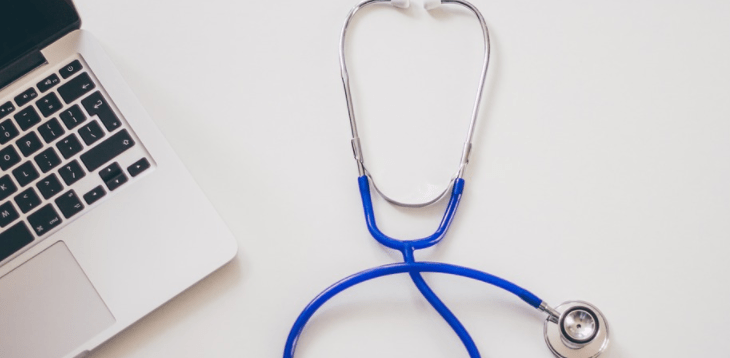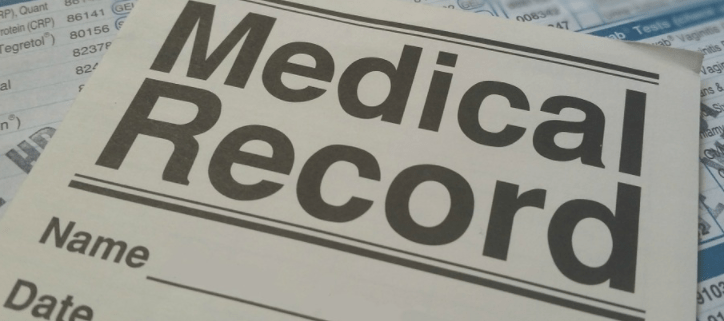What You Need to Know About HIPAA

The advent of the World Wide Web and other major data-sharing tools is transferred between many different sources has changed dramatically. However, secure hipaa compliant texting bring benefits to many patients around the world.
The Usage of HIPAA
 The use of the web and data software to retrieve medical records before government agencies controlled the activity did not provide privacy or security for all those patients whose records were shared. Thus, HIPAA was created, and protected health information became a fact of life. This activity has changed how healthcare professionals and providers can retrieve medical records and share personal health information.
The use of the web and data software to retrieve medical records before government agencies controlled the activity did not provide privacy or security for all those patients whose records were shared. Thus, HIPAA was created, and protected health information became a fact of life. This activity has changed how healthcare professionals and providers can retrieve medical records and share personal health information.
This activity is appropriate for most Americans, whether they are adults, children, and deceased. HIPAA-protected health information covers all walks of life and all types of professionals who may or may not need to find each other’s private information. People approved this measure to prevent accidental access to data through apps, which means that caregivers and others who frequently use medical records must get the patient’s consent to access or discuss this substance. Improper retrieval of medical records can have serious consequences.
The Benefits of HIPAA
 Patient security, both physical and documentary, is vital to an individual’s safety and success. HIPAA-protected health information spans many different healthcare environments and many different professions. The patient must consent first, but you can share their name with other men and women. Medical record retrieval is something that is also required in several professions, such as licensed workers. HIPAA protects patients from attorneys obtaining their information without the records being ordered by the court. By covering all data, there is no chance of being left to chance for patient safety.
Patient security, both physical and documentary, is vital to an individual’s safety and success. HIPAA-protected health information spans many different healthcare environments and many different professions. The patient must consent first, but you can share their name with other men and women. Medical record retrieval is something that is also required in several professions, such as licensed workers. HIPAA protects patients from attorneys obtaining their information without the records being ordered by the court. By covering all data, there is no chance of being left to chance for patient safety.
Health information protected by HIPAA is something that no one wants to release for everyone to see. HIPAA protects every citizen in the country from the unfair dissemination of private medical information. Individuals and organizations classified as HIPAA-protected entities will want to establish unique defenses and procedures to ensure that protected patient information is protected.
The simplest recommendations of the Health Insurance Portability and Accountability Act state that access to patient data can only be credited by the individual or another person authorized by the individual. Authorizations can be approved for a specific purpose, and on behalf of that purpose, they are likely to expire. If staff need to access protected data again, they will need the individual’s original consent. Anyone who collects, stores, and destroys individuals’ records should understand the Health Insurance Portability and Accountability Act’s many terms to ensure that the appropriate protections are in place.
